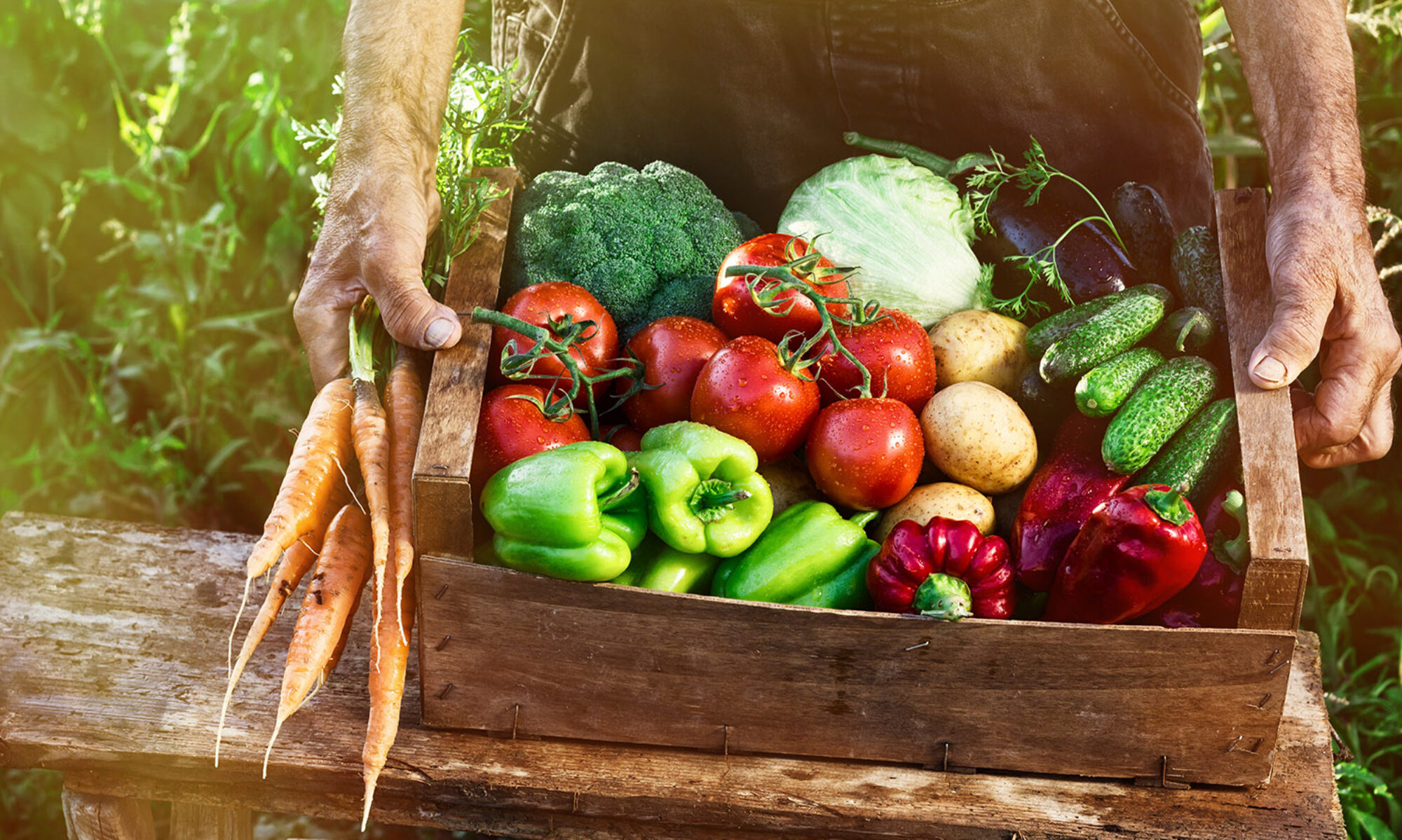
Dear FLSN Community,
The Food Law Student Network supports the Black community and the Black Lives Matter movement. We are heartbroken for the families of Rayshard Brooks, Tony McDade, George Floyd, Breonna Taylor, Ahmaud Arbery, Dreasjon “Sean” Reed, and the too many other Black lives we have lost. What is happening to Black people at the hands of rogue police officers and individuals is unacceptable. Although most of these deaths were the result of police brutality, they force us to consider how racism plays a role in every aspect of our society. In doing so, we realize how pervasive racial discrimination is throughout every segment of our food and agricultural systems.
It is impossible to discuss the roots of systemic racism in this country without acknowledging that it all began with slave labor in agriculture. Directly, and indirectly, racist policies have had a significant impact on racial health disparities as well as access to land, loans, and resources for maintaining a farm. These policies have helped suppress Black farmers so much so that by 2017 only 1.3 percent of all farmers in the U.S. were Black.[1]
The food and agricultural sector has a great deal of work to do to untangle complex systems of oppression. Food lawyers play a crucial role in moving that forward. It is our duty as a community of future attorneys to educate ourselves and participate in the productive growth of our industry. The Black Lives Matter movement requires us to continue challenging the norms of our food system and amplifying voices of Black, Indigenous, and People of Color in our community. We must actively embrace diversity as the avenue to remove racial disparities in our food system. Doing so is not only the right thing to do but will make for a better, more resilient food system.
We know that many of our members share our sadness, frustration, and outrage. To all of our members hurting right now – we see you. We hear you. We are standing with you, hand in hand. As future attorneys, it is our responsibility to be anti-racist. That starts with educating ourselves and participating in productive self-growth and community-growth as a united society. It continues with holding each other accountable to ensure our work eliminates racial disparities in agriculture, health, and the environment.
Below are resources for ways to get involved and support the Black community and educate yourself and others on the racial disparities within the food and agriculture industry. As an organization committed to constant growth and learning, we encourage you to share any additional resources with us so that we can continue to work in accompliceship with the Black community, as well as the Indigenous community and all other People of Color, and do our part to ensure justice, peace, and equity throughout our entire food system.
Black Lives Matter
Yours In Solidarity,
FLSN Executive Board 2020-2021
[1] https://www.nass.usda.gov/Publications/Highlights/2019/2017Census_Farm_Producers.pdf
- Racial Justice and Equity Resources
- Black Farmer Fund
- Soul Fire Farm
- National Black Food & Justice Alliance
- Heal Food Alliance
- Cooperative Food Empowerment Directive (CoFED)
- Farms to Grow, Inc
- Black Family Land Trust
- Civil Eats has composed a comprehensive list of organizations dedicated to the fight for food and land justice for Black Americans.
- 21-Day Racial Equity Habit Building Challenge
- Black-Owned Restaurants in Major US Cities
- Petition Demanding Justice for Breonna Taylor
- Justice for Big Floyd
- George Floyd Family/Memorial Fund
- NAACP Legal Defense and Educational Fund
Social Media Activism:
- A Growing Culture
- Brooklyn Queens Land Trust
- Amber Tamm
- Leah Penniman
- Oko Farms
- Sylvanaqua Farms
- South Central Farm
- Love Fed Initiatives
- Kimberlé Crenshaw Twitter
- Black Dirt Farm Collective
Reading Materials:
- Farming While Black: Soul Fire Farm’s Practical Guide to Liberation on the Land
- A list of Black-owned bookstores where you can purchase this book
- Reckoning with Racial Justice in Farm Country
- New Research Explores the Ongoing Impact of Racism on the U.S. Farming Landscape
- Racial Inequality in the Food System
- Why Every Environmentalist Should Be Anti-Racist
- Envisioning Racial Equity in Agriculture
- Food Equity: Building a Fair Food System For Everyone

 Written by: Erika Dunyak, LL.M. Student at the University of Arkansas
Written by: Erika Dunyak, LL.M. Student at the University of Arkansas